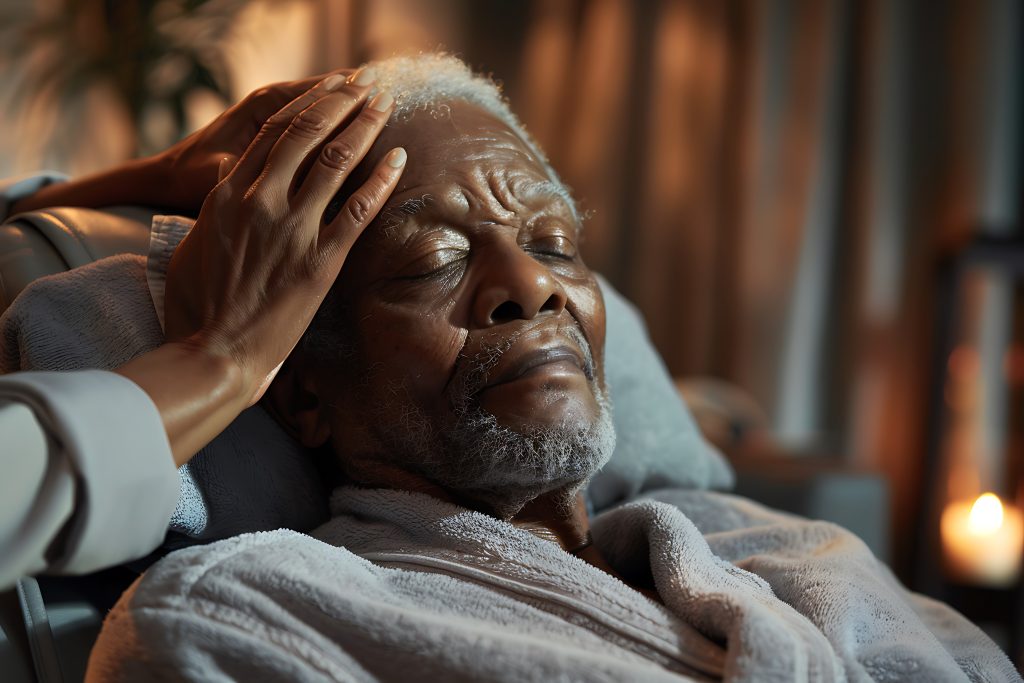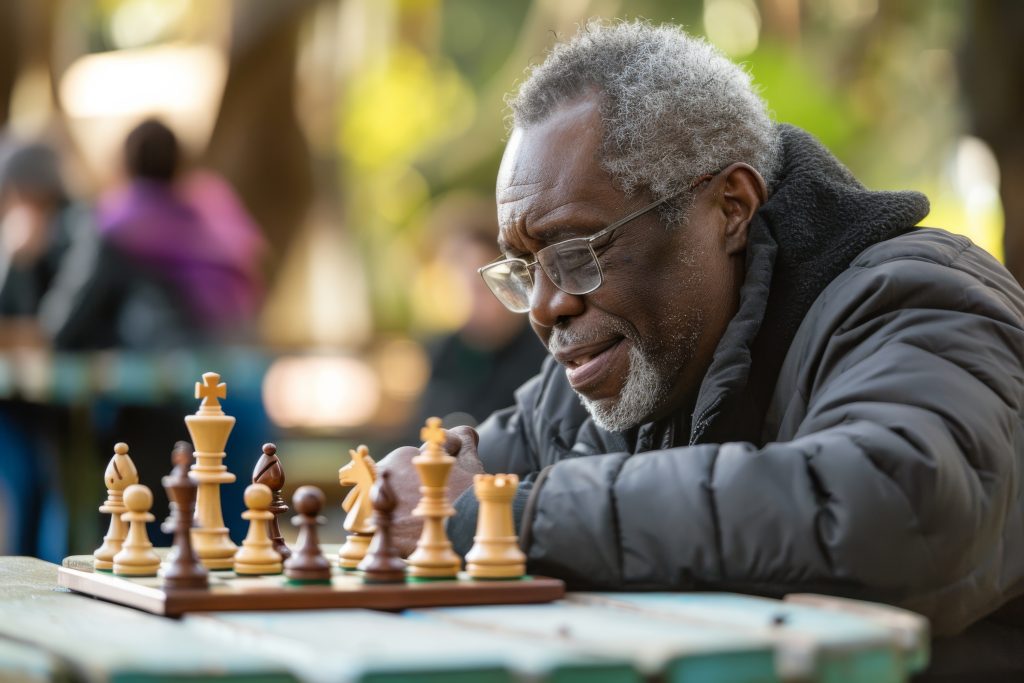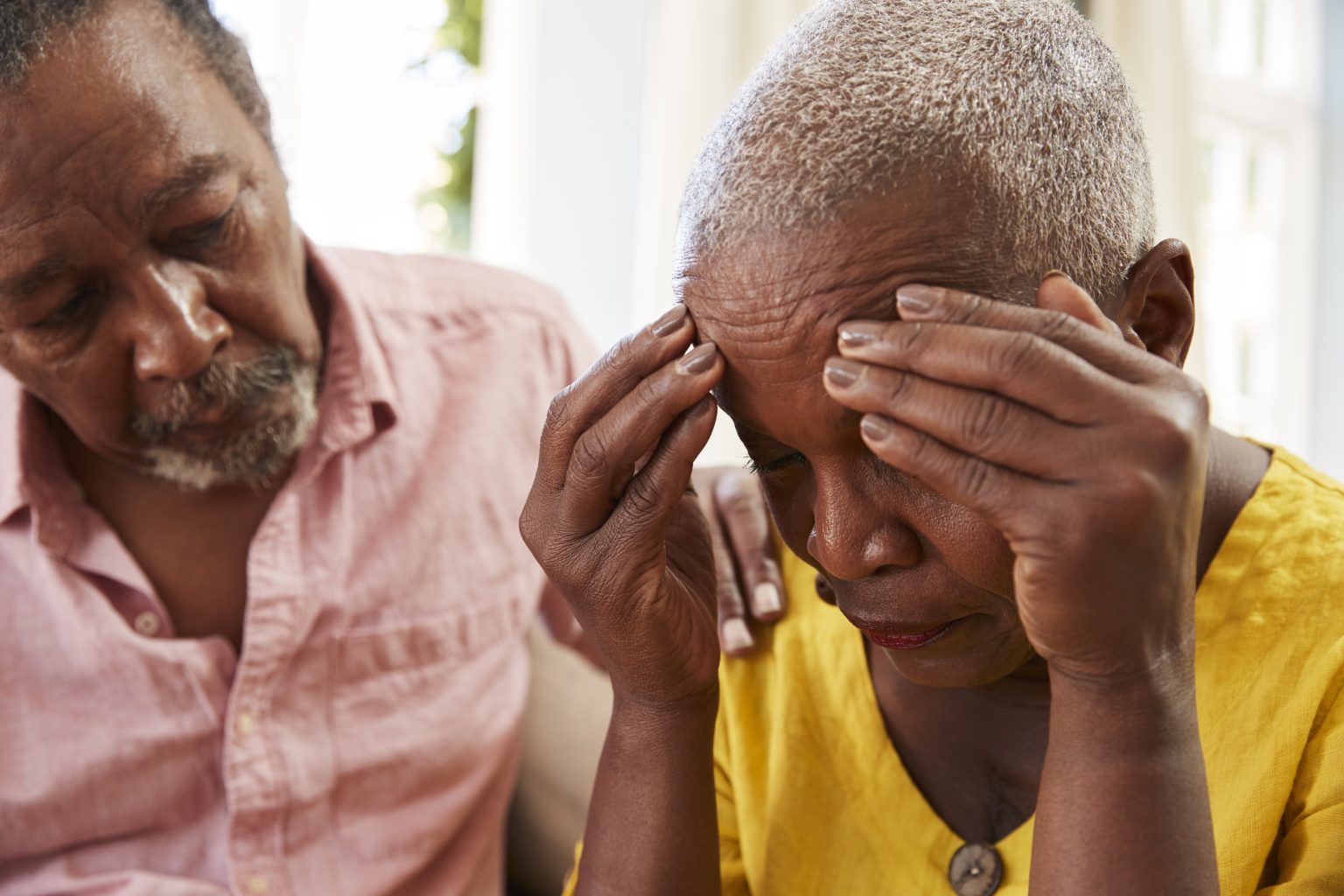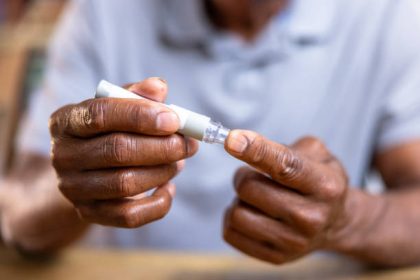First, you forget names of childhood friends. Even your way home. The world shrinks, until even your reflection feels like a stranger in the mirror. This isn’t forgetfulness. It isn’t aging. It is dementia-which has no cure.
The man in a three-piece suit complete with a bow tie, fedora, an intricately carved wooden walking stick and the day’s newspaper was the first patient in the clinic.
When the Wednesday morning psychiatry clinic started, Peter Kimani, 78, lumbered into my room, accompanied by his sons: Kamau, 47, and Muriithi, 42.
Kamau explained how his father had started to forget things. Though he had lived in the same place for 52 years, he suddenly couldn’t remember his way back home in some evenings. Muriithi added that their mother was struggling, her nights filled with worry since Peter’s wandering.
As the son’s spoke, Kimani’s cheerful manner faded, his eyes fixed on the walking stick. I asked him simple questions – today’s date, recent events – and his hesitation confirmed my suspicions. A Mini-Mental State Exam revealed moderate cognitive decline, likely Alzheimer’s, the most common form of dementia.
I explained to them dementia’s slow theft of memory and referred them to a neurologist for further tests, urging them to plan for his care.
He would forget things he did every day, including his way home
Kimani’s story shows how dementia quietly changes lives. For him, it started with forgetting the names of close friends he met daily in the village. Then he would forget things he did every day, including on his way home.
Worldwide, 55 million people worldwide live with dementia today. By 2050, this will triple to 152 million, with the hardest being Low- and middle-income countries, according to a 2020 Lancet Commission report.

In Kenya, a 2025 study on dementia in Kenya at the Aga Khan University Brain and Mind Institute, exposed critical gaps: Kenya lacks national dementia data and standardized diagnosis tools. The result is an invisible crisis often dismissed as normal aging. With no clear metrics or awareness, thousands suffer without proper care or support.
Dementia is not a single disease but a syndrome, a collection of symptoms caused by progressive damage to brain cells, affecting memory, thinking, language and behaviour. The most common cause is Alzheimer’s disease, which accounts for 60–80 percent of cases, according to the World Health Organization (WHO). Other forms include vascular dementia, linked to reduced blood flow from strokes; dementia with Lewy bodies, causing hallucinations; and frontotemporal dementia, affecting behaviour and language.
Dementia mainly affects older adults, with risk doubling every five years after 65
These conditions wear down brain functions, turning everyday tasks into challenges and familiar faces into strangers, yet each person’s experience is unique, shaped by the type of disease and their brain’s strength.
Dementia mainly affects older adults, with the risk doubling every five years after age 65. Its symptoms start slowly, often dismissed as normal aging. Early on, someone might forget recent conversations, lose items, or struggle to find words. As it gets worse, they may lose track of time, get lost in familiar places, or struggle with tasks like managing money or cooking. Mood changes—irritability, lack of interest, or anxiety—can appear.
In moderate stages, confusion about location and poor judgment increase risks, like wandering or money mistakes. In severe stages, speech may disappear, and basic needs like eating and dressing require full help. Each stage brings emotional challenges, with depression or restlessness common.
There is no cure for most dementias, but treatments can slow their impact
Symptoms vary by dementia type; Lewy body dementia may cause vivid hallucinations, while frontotemporal dementia changes personality early on, but the gradual loss of independence is a shared thread.
There is no cure for most dementias, but treatments can slow down their impact. For Alzheimer’s, medicines like donepezil help improve memory by supporting brain cell communication, while drugs like memantine ease symptoms by calming overactive brain signals. Vascular dementia benefits from controlling blood pressure and cholesterol to prevent further strokes.

Non-drug approaches, such as cognitive stimulation therapy with activities like puzzles or group discussions, improve thinking and quality of life, especially in low-resource settings like Kenya. Music therapy and sensory activities, like aromatherapy, help manage restlessness or depression without relying on medications, which carry risks.
Early diagnosis, using tools like the Mini-Mental State Exam or emerging blood tests for Alzheimer’s proteins, allows planning and access to support before symptoms worsen, per the National Institute on Aging’s 2023 Alzheimer’s Disease Fact Sheet. Emotional care is vital; simple acts like sharing stories or involving loved ones in daily tasks preserve dignity, even as thinking fades.
Promoting healthy diets, regular exercise, and blood pressure control could reduce dementia
Up to 40 percent of dementia cases may be preventable by addressing 12 changeable risk factors, according to the Lancet Commission 2020 report. These include low education in early life; hypertension, obesity, hearing loss, traumatic brain injury, and excessive alcohol consumption in midlife; and smoking, depression, physical inactivity, social isolation, diabetes, and air pollution in later life.
In Kenya, where hypertension and diabetes are rising, public health campaigns promoting healthy diets, regular exercise, and blood pressure control could reduce dementia risk by about three percent. Increasing access to education, especially for girls in rural areas, could lower risk by seven percent by building cognitive reserves.
Providing hearing aids for midlife hearing loss could cut the risk by two percent, while smoking cessation programs could reduce it by five percent. Cognitive training, such as learning new skills or reading regularly, strengthens brain resilience. Physical activity, like walking or community sports, enhances brain health, and social engagement through gatherings or support groups counters isolation, a key risk factor in Kenya’s rural communities.
Families and caregivers bear dementia’s heaviest load, often with little support. Caregivers face emotional exhaustion, physical strain, and financial burdens, with women affected more, according to WHO.
Predictable routines reduce confusion, labeled items aid memory, locks prevent wandering
Caregiving for dementia, like Alzheimer’s, can be emotionally and financially draining, especially in rural areas with limited resources. Caregiver training in stress management and behavioural strategies can reduce burnout and improve care quality. Programs teaching families to manage difficult behaviours, like restlessness, are effective and could be tailored to Kenya’s diverse communities, with over 40 ethnic groups.

Community health workers trained to deliver education can address stigma and support families in rural and informal areas. Practical steps help: predictable routines reduce confusion, labeled items aid memory, and locks prevent wandering. Respite care, though limited in Kenya, could ease caregiver strain if implemented through community centers.
Advance care planning, discussing preferences like home care early on, respects independence and reduces family stress. Emotional support is crucial; caregivers need support through family or support groups to share struggles and tips for managing behaviors like restlessness.
Community education, led by chiefs and elders, can dispel myths, framing dementia as a medical condition. Training community health workers, as outlined in Kenya’s 2015–2030 Mental Health Policy, brings awareness to underserved regions.
Dementia’s shadow looms large, yet we hold the power to lighten its weight
Policy must step up—funding dementia training and care facilities would give families options. Recently, the Kenyan government enacted the Persons with Disabilities Act 2025, which includes tax exemptions for caregivers of registered persons with disabilities. This initiative provides crucial financial relief to families caring for individuals with dementia, recognizing the essential role caregivers play in their lives.
Dementia’s shadow looms large, yet we hold the power to lighten its weight. Knowledge is our first weapon; understanding its causes, from Alzheimer’s to vascular damage, empowers early action. Prevention, through healthy habits and mental engagement, offers hope. Support, from community talks to policy reform, can lift families from isolation and ensure every person’s story is honored, even as their memories fade.





















